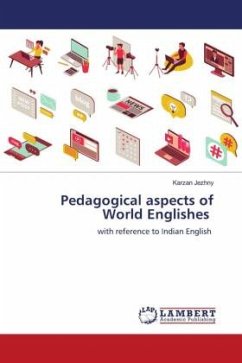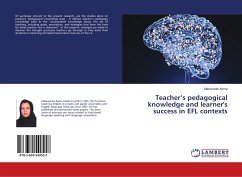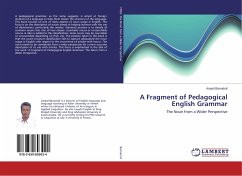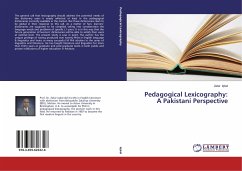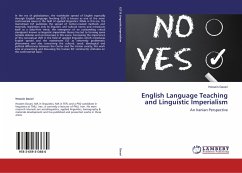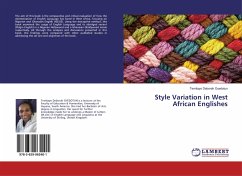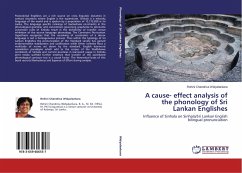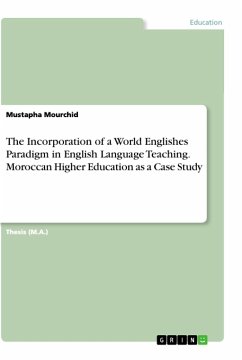Throughout time, languages change, die out and new ones are born. A language, by different reasons, may achieve high prestige and spread widely throughout the world. It is not the language itself that has the potential to be perceived as prestige, but rather the power and status of individuals using the language. In the last few decades, the English language has diffused widely across the world. This wide spread of English, which has led to the development of various varieties of the language, has raised some questions. One of the questions is around teaching English. For many years, the preferred pedagogic models for teaching English were Standard varieties of British and American English. Recently, this has been questioned by scholars of World Englishes. The question of which variety of English (native versus non-native models) should be selected as the preferred model for teaching in the Outer-circle (for example, India, Malaysia) and Expanding circle territories (for example,China, Japan) has been a subject of heated debate.
Bitte wählen Sie Ihr Anliegen aus.
Rechnungen
Retourenschein anfordern
Bestellstatus
Storno

